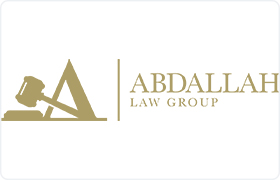 Lone Pine Real Estate Lawyers, California
Lone Pine Real Estate Lawyers, California
Sponsored Law Firm
-
 x
x

Click For More Info:
-
Abdallah Law Group, P.C.
555 Capitol Mall Suite 766 Sacramento, CA 95814» view mapReal Estate Law #1 Sacramento Law Office
Abdallah Law Group is ready to fight for our clients. We provide comprehensive, individualized and affordable legal representation.
800-698-5801
Warning! No lawyers found in this specified area.
Not enough matches for Lone Pine Real Estate lawyer.
Below are all Lone Pine lawyers.
Lawyers
1-0 of 0 matches



 Mitchell Abdallah Sacramento, CA
Mitchell Abdallah Sacramento, CA